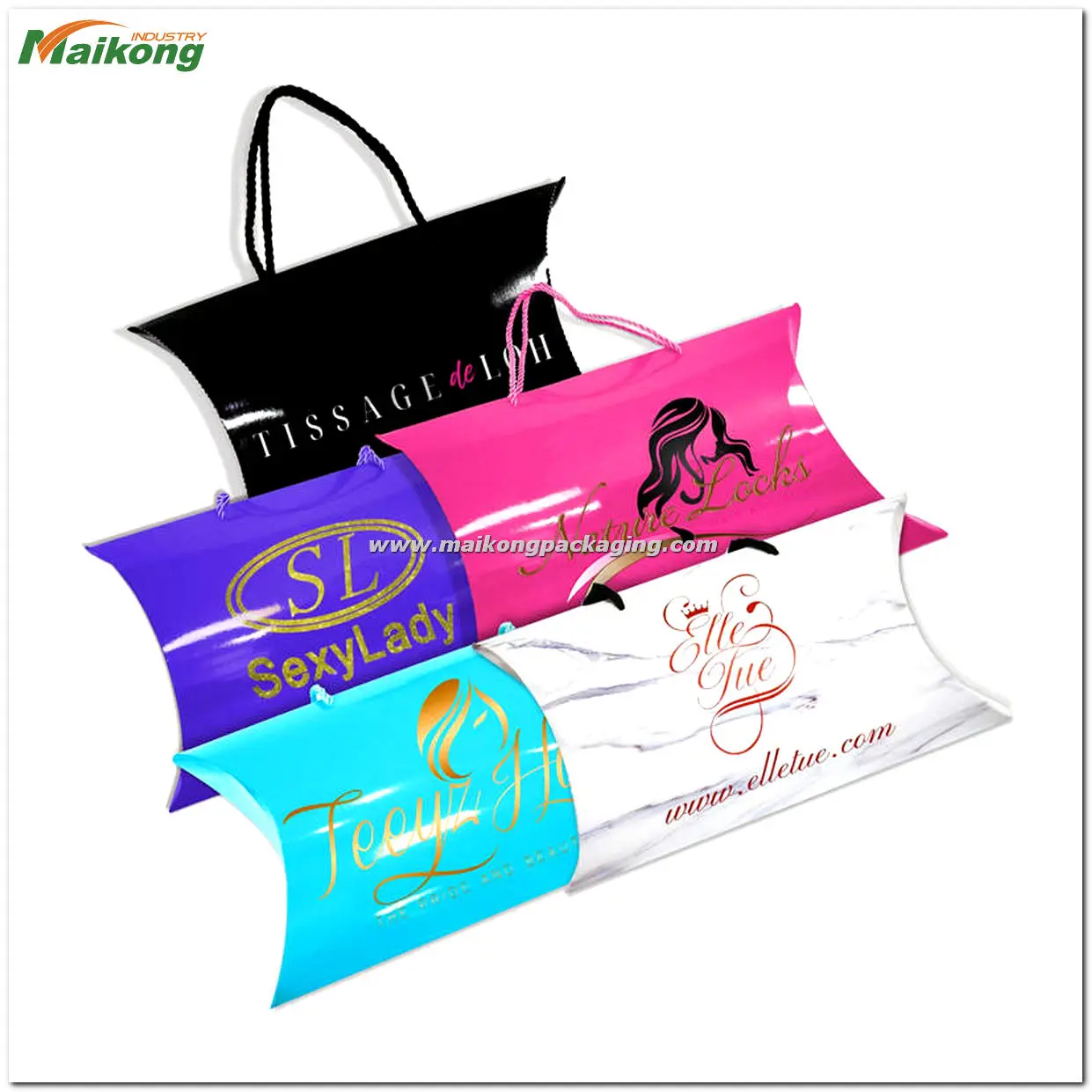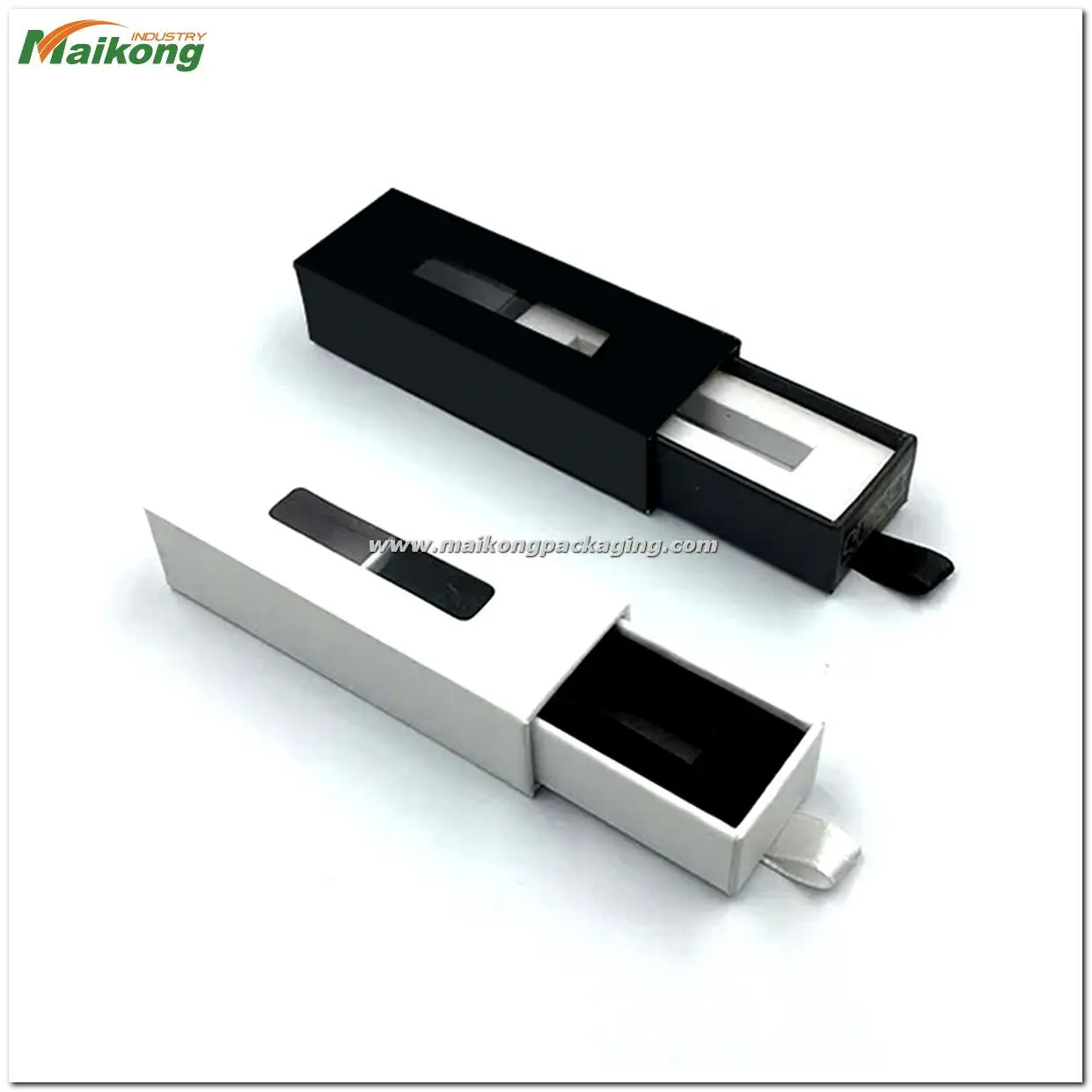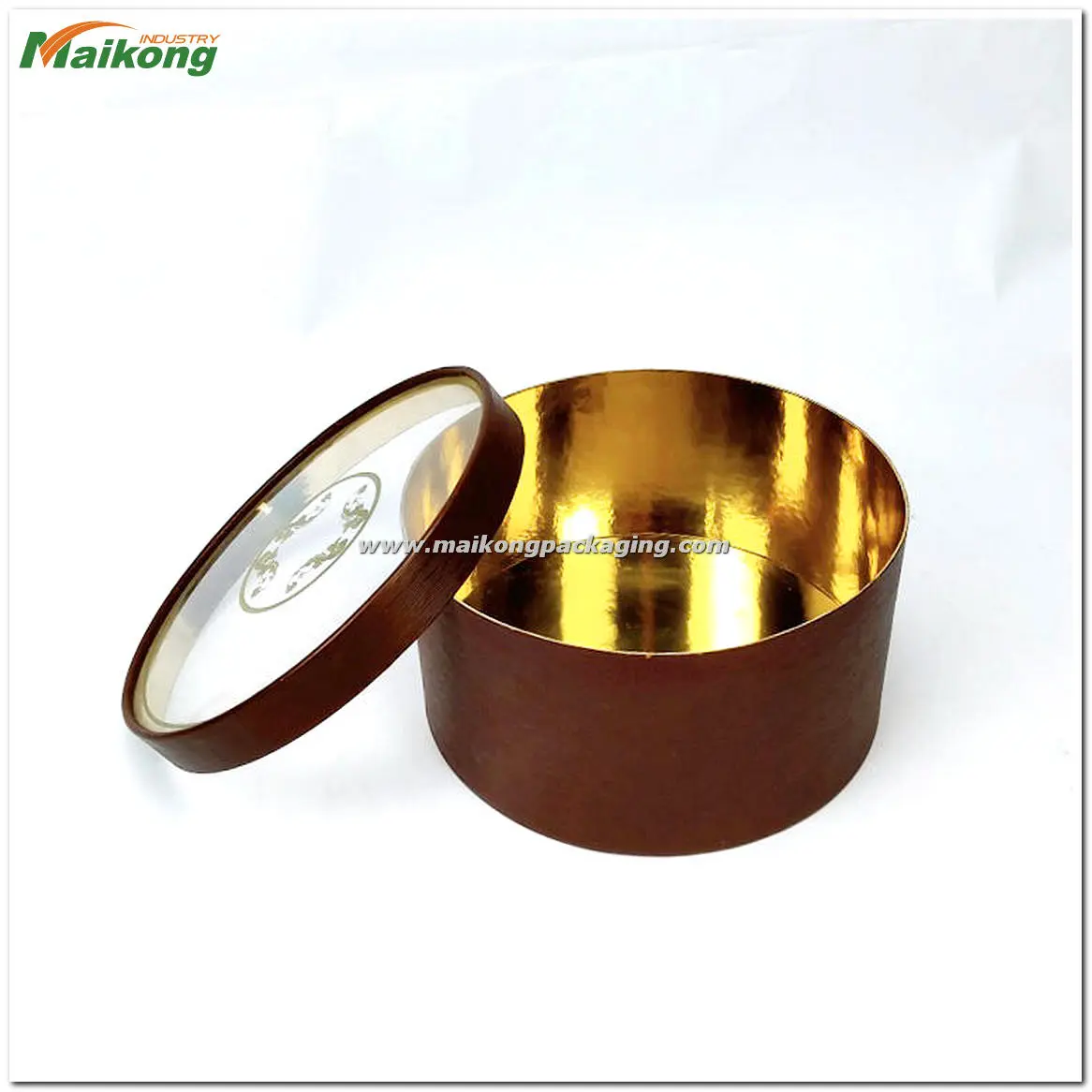Categorii
- Evenimente & Expozitii (35)
- BLOG (186)
- FAQ (34)
» Centrul de știri » BLOG




Traveling can often bring about a multitude of questions, especially when it comes to what you can and cannot bring with you. One common query that pops up for many travelers is whether they can take packaged food through TSA checkpoints. This is particularly relevant for those who prefer their own snacks for health, dietary, or even personal preference reasons. In this comprehensive guide, we’ll dive into the specifics of traveling with packaged food, including what’s allowed, what’s not, and how to best prepare for a smooth experience at the airport.
The Transportation Security Administration (TSA) has clear guidelines on what types of packaged foods you can bring through their checkpoints. Generally, solid foods like sandwiches, fruits, vegetables, and most snacks are allowed. However, the challenge arises with foods that are liquid, semi-liquid, or gel-like. These items fall under the TSA’s 3-1-1 liquids rule, which states that all liquids, gels, and aerosols must be in containers of 3.4 ounces (100 milliliters) or less per item and must fit in a single, quart-sized, zip-top bag.
Certain types of food require special consideration. For example, creamy cheeses, peanut butter, yogurt, and similar spreads and dips are subject to the 3-1-1 rule. If you’re unsure whether a food item falls under this rule, it’s best to either check the TSA’s website or pack it in your checked luggage to avoid any issues at the security checkpoint.
To ensure a hassle-free experience at the airport, consider these packing tips:
When packing food for your travels, consider:
The right packaging can make a big difference in your travel experience. This is where maikong, a global leader in packaging and labeling, comes into play. With customers across the United States, Japan, Germany, France, the UK, Italy, Canada, Rusia, China, Argentina, Australia, Brazil, India, Indonesia, Mexico, Saudi Arabia, South Africa, South Korea, and Turkey, maikong has established itself as a reliable and professional packaging custom supplier.
| Parameter | Description |
|---|---|
| Material | Type of material used (de ex., plastic, paper) |
| Dimensiune | Dimensions of the packaging |
| Durability | Resistance to damage and wear |
| Sealability | Ability to seal and protect contents |
| Temperature Resistance | Suitability for cold or hot contents |
| Accessory | Function |
|---|---|
| Zippers | To seal and reseal the package |
| Tear Notches | For easy opening of the package |
| Valves | For degassing (common in coffee bags) |
| Windows | To display the product inside |
For inquiries about top-notch custom packaging and labeling, contact maikong at maikongpackaging@hotmail.com.
Traveling with packaged food doesn’t have to be a hassle. By understanding TSA guidelines and packing smartly, you can ensure that your journey is as smooth and enjoyable as possible. Remember, the key is to pack solid foods and adhere to the 3-1-1 rule for any liquids, gels, or creams.
For those looking for high-quality packaging solutions for travel or any other needs, maikong is your go-to expert. With a wide range of options and custom solutions, maikong caters to a global clientele, ensuring your packaging needs are met with professionalism and excellence.
For top-tier custom packaging and labeling solutions, don’t hesitate to reach out to maikong at maikongpackaging@hotmail.com.
How is medical marijuana packaged?
Maikong Custom Packaging Boxes for Clothes – Premium, Durable, and Eco-Friendly Solutions











